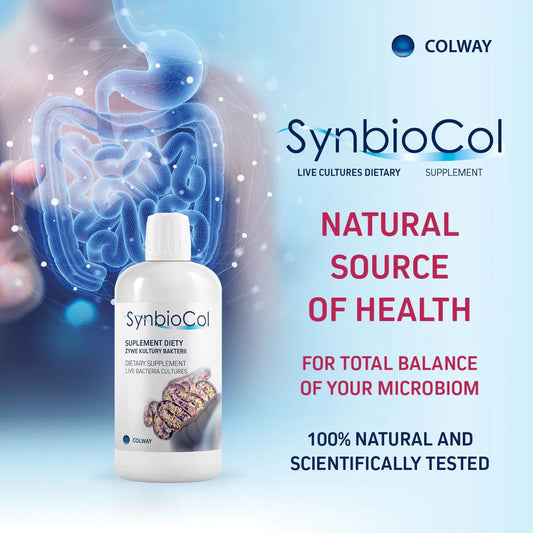Skin Whitening: Arbutin vs Hydroquinone
You've probably heard of the powerful skin lightener known as Hydroquinone. But how does it differ from Arbutin and is one better than the other?
When we break down the difference between these skin lighteners we find that Arbutin is actually a derivative of Hydroquinone.What this means is that Arbutin works through a similar mechanism as Hydroquinone but is not quite as powerful. Hydroquinone is naturally found in several plants such as bearberry, blueberry, cranberry and pear trees.

Both Hydroquinone and Arbutin act by blocking tyrosinase activity which blocks the production of melanin (this is why they are both skin lighteners). Remember if you block the production of melanin then your skin cells are not able produce pigment and their color will fade over time.
The main difference between hydroquinone and arbutin is that hydroquinone is slightly more powerful. The downside to this is that hydroquinone will require a prescription and it may have more potent side effects.
According to studies, hydroquinone has some carcinogenic effects when applied to skin. It is considered cytotoxic, which are toxic to cells, and mutagenic.Other side effects of hydroquinone also include increased exposure to UV radiation, sensitivity to sunlight, increased risks of getting hyperpigmentation as well as contact dermatitis and skin irritation.
Because of these variables many physicians and patients opt to use Arbutin over hydroquinone. It may be a good idea to consider hydroquinone if you have a very stubborn hyperpigmentation issues or if you've failed other skin lightening treatments. Otherwise it might be safer to jump in with Arbutin.













